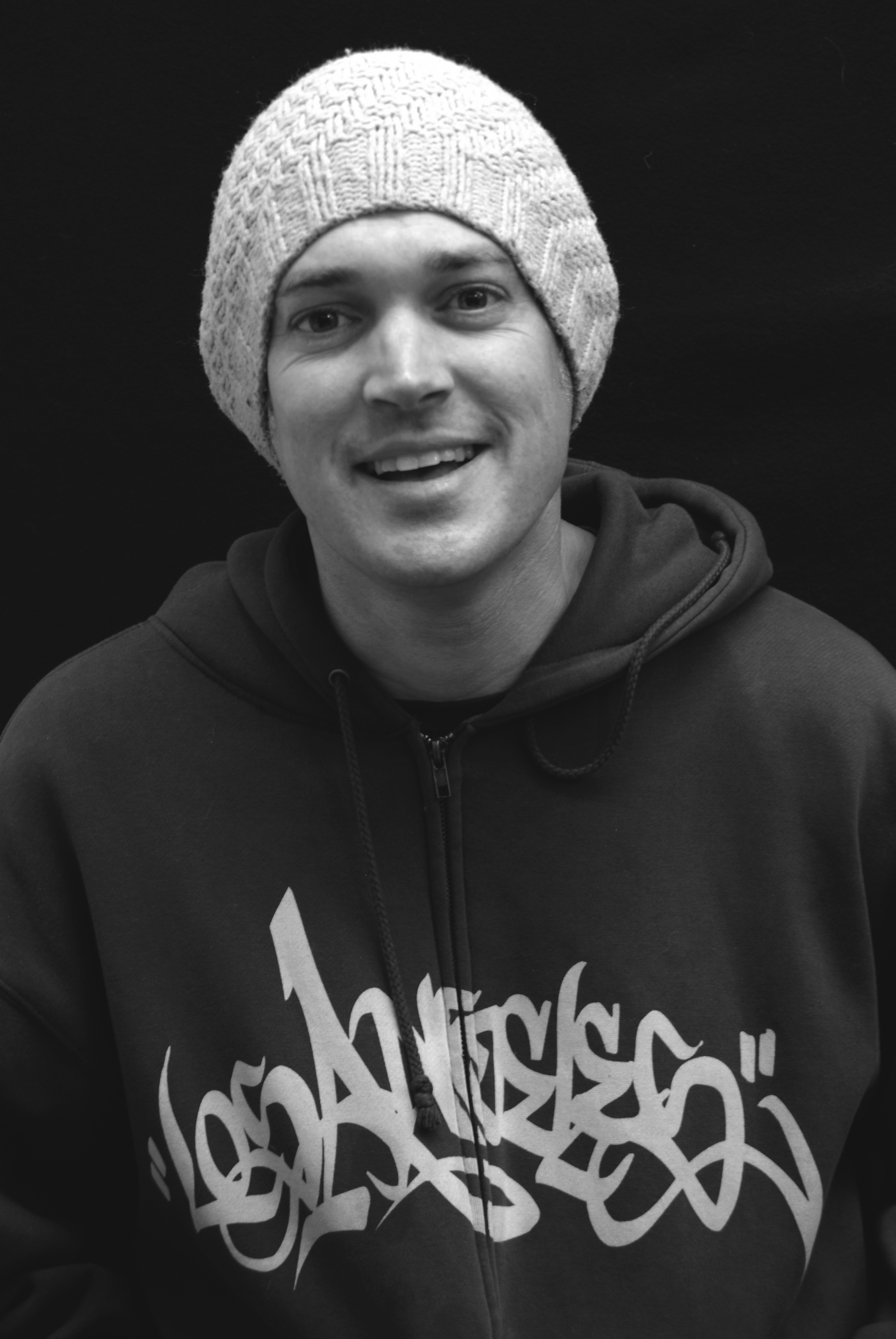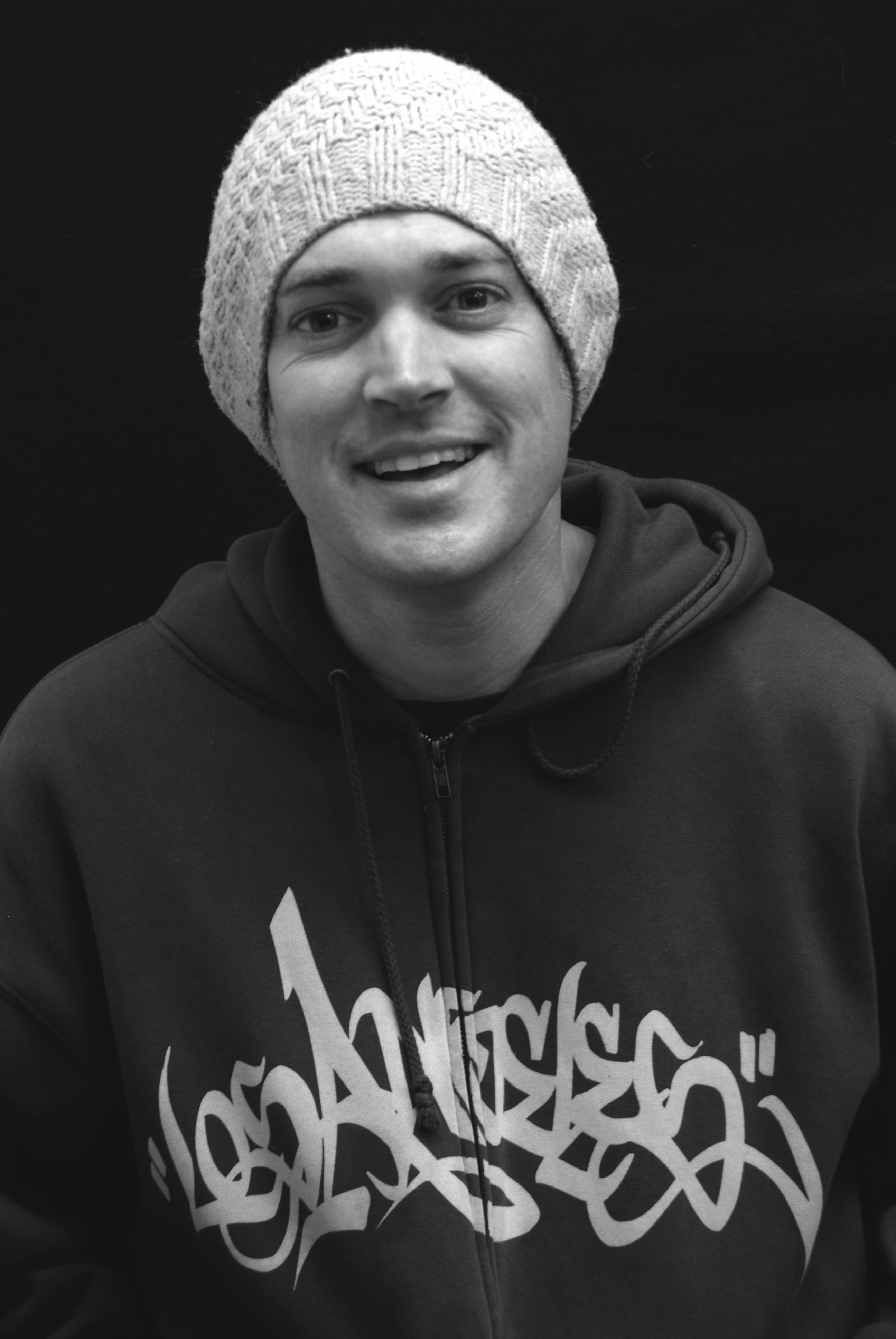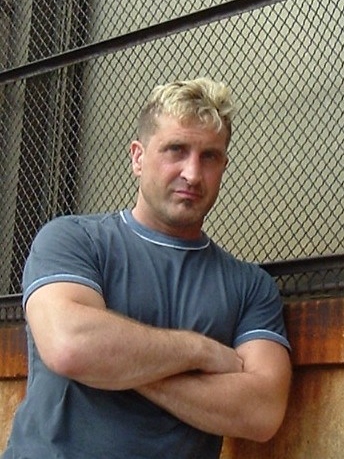Mike Sonksen & City Lights
P&W-supported spoken word artist Mike Sonksen, author of I am Alive in Los Angeles, blogs about City Lights authors.
City Lights Publishing just released David Meltzer's new book When I Was a Poet. The work opens with the title piece, a reflection on a lifetime of poetry. Packed with pathos, precise syllables, and cacophonic crests, Meltzer's work has been described as "Bop Kabbalah." Thurston Moore says, "Enlightened by jazz, psyche/folk energy, the trees outside the academy, and a woozy sex drive, David's enchantment with dream/mystery/beauty make him a musician's poet."
 Meltzer's lines maintain haiku density throughout the work. In "California Dreamin" Meltzer riffs on his Bohemian days in the Golden State, celebrating Anita O'Day, Lord Buckley, Miles Davis, Coltrane, the Troubadour, and Hollywood Boulevard.
Meltzer's lines maintain haiku density throughout the work. In "California Dreamin" Meltzer riffs on his Bohemian days in the Golden State, celebrating Anita O'Day, Lord Buckley, Miles Davis, Coltrane, the Troubadour, and Hollywood Boulevard.
City Lights also recently released a new book by Surrealist poet Will Alexander titled Compression & Purity. Los Angeles born, Alexander emerged from Watts in the 70s and has gradually emerged into one of the most avant-garde poets. I heard Alexander read at Beyond Baroque this past September. His thermonuclear images and electric vocabulary transmitted in the black box theater with such intensity that I bought two books.
Ry Cooder's Los Angeles Stories, a collection of eight short stories, was also published by City Lights. The first of City Light's new "Noir" series, this collection of fiction exists in the old gritty Los Angeles of the 40s and 50s. Cooder's characters inhabit lost landscapes like Chavez Ravine, the Pacific Electric Streetcar, Bunker Hill, and Historic Filipinotown. Cooder captures the colloquial: "Sit down, take a load off, try some pork fried rice. Dig it and pick up on it, it happened like this."
The characters emit warmth similar to Fante's Arturo Bandini. There are unsolved murders a la Raymond Chandler or James M. Cain. Filipino poet Carlos Bulosan makes a cameo. Aficionados of Los Angeles letters will recognize Cooder's influences. Fortunately his synthesis is well-crafted. Cooder, a Los Angeles native, loves untold stories like the San Patricios or Chavez Ravine. Considering his many groundbreaking musical albums on such subjects, it's no surprise his first book upholds the same level of verisimilitude.
Photo: Mike Sonksen. Credit: Chris Felver.
Major support for Readings/Workshops events in California is provided by The James Irvine Foundation. Additional support comes from the Friends of Poets & Writers.





 Her sharp poetics always hit with musicality, which is a great fit for the
Her sharp poetics always hit with musicality, which is a great fit for the  What is your most successful literary program?
What is your most successful literary program?